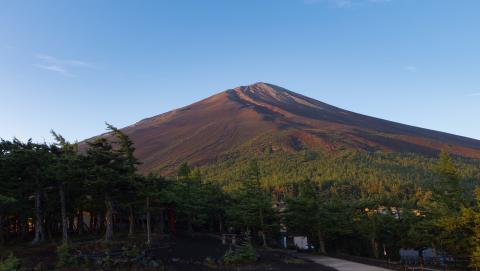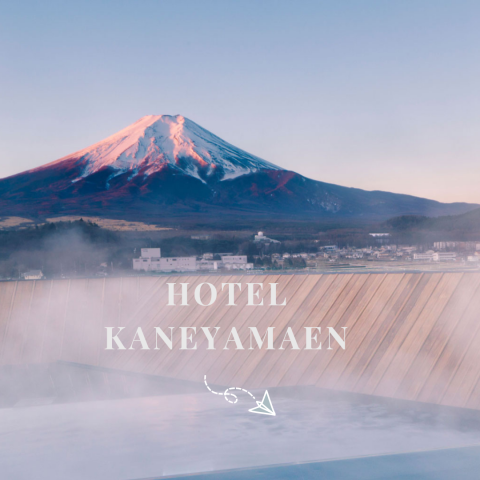Main content starts here.
In Hayakawa, Yamanashi, lies an area untouched by the sands of time: the old post town of "Akasawa-Shuku."

▲Akasawa-Shuku Post Town in Hayakawa
With history tracing back to the Japanese Kamakura Period (13th Century), this area was utilized as a post town for pilgrims headed to the nearby Mt. Minobu, an important religious site to those belonging to the Nichiren sect of Buddhism. At its peak, Akasawa-Shuku Post Town had nearly a dozen inns nestled between the homes of its villagers, as well as a handful of small shops and restaurants. Their walls have bested the hands of time and are still in existence to this very today. In 1993, Akasawa-Shuku was designated as an Important Cultural Buildings Preservation District.
Our first stop was a soba restaurant called "Musashiya." Although generally only open on the weekends, they kindly opened their doors to us when we stopped by.
Musashiya (Soba Restaurant)

▲Musashiya (soba restaurant)
Musashiya serves a handmade meal sets, complete with tempura and unlimited rice refills.

We had already walked around Akasawa-Shuku for a while before having our meal, so after we finished eating we were pretty sleepy. Although we were ready for a power nap, we continued our journey through the old post town until we found the "Kikuya Inn."
Kikuya Inn

▲Kikuya Inn located in Akasawa-Shuku
Kikuya is a staple of the vision many have when they picture "old Japan." It had old wooden flooring, sliding doors, and a beautiful mountain view. On the other hand, its gas stove and modern bathroom brought nice contrasts to the otherwise traditional style of the building. Deep in history yet brimming with technological conveniences, Japan really is a country like no other.

Continuing our journey through the old cobblestone streets of Akasawa-Shuku, our next stop was a guest house, called "Osakaya."
Osakaya Guest House

▲Osakaya Guest House
Although we did not spend the night, we were able to get a taste of the experience thanks to the kind staff, Ms. Yokoyama, whose good old-fashioned Japanese hospitality has won the hearts of many foreign tourists over the years.
For our brief visit, Ms. Yokoyama suggested we try our hands at one of the most popular things Osakaya has to offer: traditional Japanese games.
The first game we played was a card game called "Bouzu-Mekuri" and it is more a game of luck than anything. Surprisingly, no one in our group had ever heard of the game before, not even the Japanese staff that came with us. Luckily, Ms. Yokoyama had prepared well-written explanations in both Japanese and English for each game.
Japanese Games at Osakaya

▲Reading the game explanations
The second game we played was a slightly more common game, involving flat marbles called "ohajiki."

Tensions were high, there was some shouting, and some friendships were broken (well, not really), and marbles went flying but more than anything we all had a lot of fun.
As a prize for the winners of each game, Ms. Yokoyama drew mini-portraits for everyone.


▲Ms. Yokoyama and the mini-portrait prizes
Our time at Osakaya was short, there is an option to stay the night to enjoy a longer experience. Osaka is complete with seasonal snacks and treats placed in the communal kitchen space, handwritten notes and illustrations explaining the amenities, and fast Wi-Fi. But perhaps its best features are the hospitality of the hosts the gorgeous view.

▲Image provided by Osakaya
More Info
Osakaya website:
https://akasawasyuku.com/
*English inquiries are OK
Published on
- April 14, 2022
Share
-

Fuji Subaru Line 5th Station & Mt. Fuji Travel Guide
March 3, 2025
Home of Mt. Fuji > Staff Journal > Stay at Osakaya in Akasawa-Shuku Post Town

